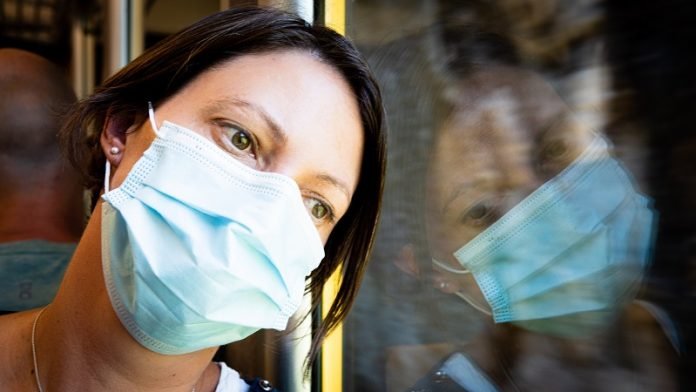
In a new study from Heinrich Heine University, researchers found that adults who recover from mostly mild COVID-19 appear to have a significantly higher risk of developing type 2 diabetes.
Previous studies have shown that inflammation caused by coronavirus may damage insulin-producing beta cells, causing them to die or change how they work, resulting in acute hyperglycaemia (high blood glucose).
Tissues becoming less reactive to insulin due to inflammation in the body is also thought to be a possible cause.
Sedentary lifestyles brought on by lockdowns could also be playing a role.
This may explain why new-onset hyperglycaemia and insulin resistance have been reported in COVID-19 patients with no prior history of diabetes.
However, it is unclear whether these metabolic changes are temporary or whether individuals with COVID-19 may be at increased risk of developing chronic diabetes.
In the current study, the team examined the health records from 1,171 general and internal medicine practices across Germany. The records include information on 8.8 million adults who visited the above practices between March 2020 and January 2021.
They found that new cases of type 2 diabetes were more common in patients who tested positive for COVID-19 than those with an AURI (15.8 vs 12.3 per 1000 people per year) giving an incidence rate ratio (IRR) of 1.28.
Specifically, this means that the relative risk of developing type 2 diabetes in the COVID group was 28% higher than in the AURI group.
Although type 2 diabetes is not likely to be a problem for the vast majority of people who have mild COVID-19, the findings suggest that anyone who has recovered from COVID-19 be aware of the warning signs and symptoms such as fatigue, frequent urination, and increased thirst, and seek treatment right away.
If you care about COVID, please read studies about new air filters that could rapidly kill COVID-19 and other viruses, and findings of new way to trigger immune system against COVID-19.
For more information about diabetes, please see recent studies about how to reverse type 2 diabetes and deadly liver disease, and results showing eating this food can cut your diabetes risks.
The study was conducted by Wolfgang Rathmann et al., and published in Diabetologia.
Copyright © 2022 Knowridge Science Report. All rights reserved.




